Alexander Erlich
The mechanical basis of biological size control and growth termination
Team: Christophe Eloy (IRPHE) - Thomas Lecuit (IBDM)
His background
March 2020 - present | CENTURI postdoctoral fellow
2019 - 2020 | Postdoctoral fellow - LIPhy, University of Grenoble (France)
2017 - 2019 | Postdoctoral fellow - School of Mathematics, University of Manchester (England)
2012 - 2017 | DPhil in Mathematics - Mathematical Institute, University of Oxford (England)
2011 - 2012 | Part III of the Mathematical Tripos - University of Cambridge (England)
2007 - 2010 | Bachelor of Science in Physics - University of Bremen (Germany)
About his postdoctoral project
We address a classical mystery of developmental biology: How does a cell in an organ know what overall size the organ has? According to the current paradigm, the Drosophila wing disc grows robustly to the right size because its cells respond to both biochemical signals (morphogens) and mechanical stress. Due to the long-range nature and directional dependence (anisotropy) of stress, we hypothesize that size regulation can be achieved if cells respond only to stress. To test this, we develop a morpho-elastic continuum mechanical model of the wing disc in which tissue stretching stimulates cell proliferation, whereas compression inhibits it. Using live imaging, we measure the wing disc size, its volumetric growth rates, and infer the non-uniform stress pattern (compressive at disc center, tensile at periphery), all at multiple times in the evolving Drosophila wing disc. The mechanical model, integrated with experimental data on the Drosophila wing disc, will permit assessing whether the role of mechanics in size regulation is central or supportive.







